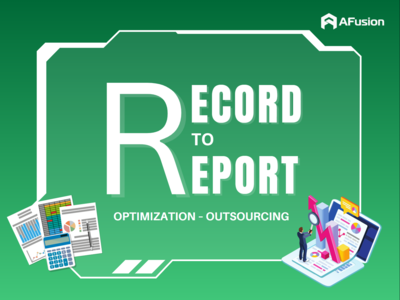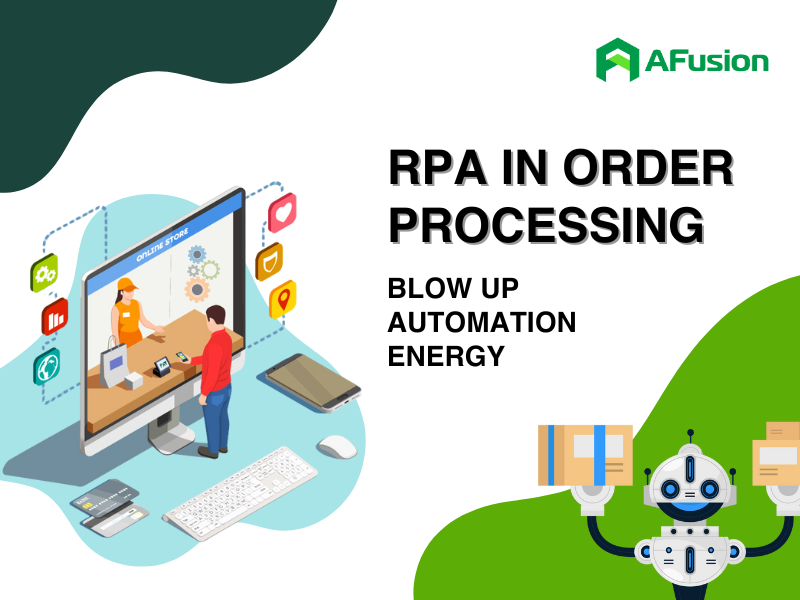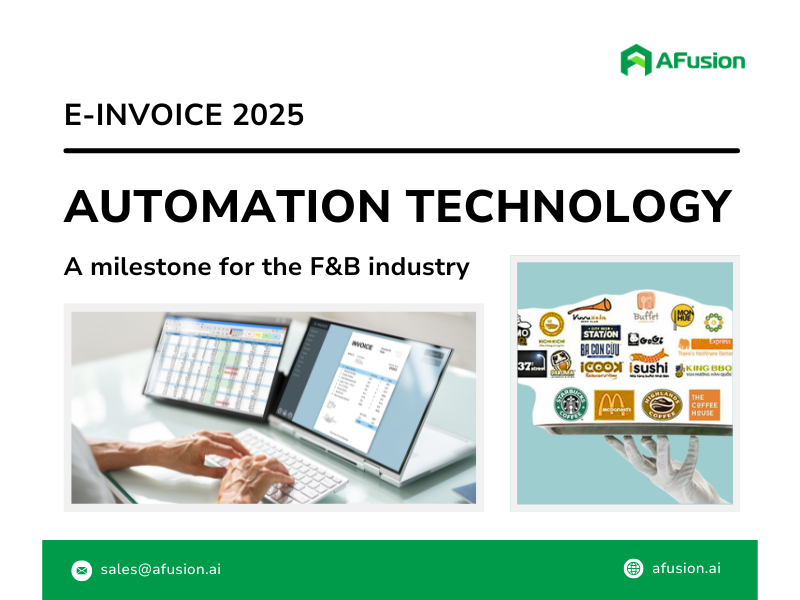Resources > Blog > 27> How to prevent duplicate invoice payments?
How to prevent duplicate invoice payments?
What is a duplicate invoice?
What causes duplicate invoices?
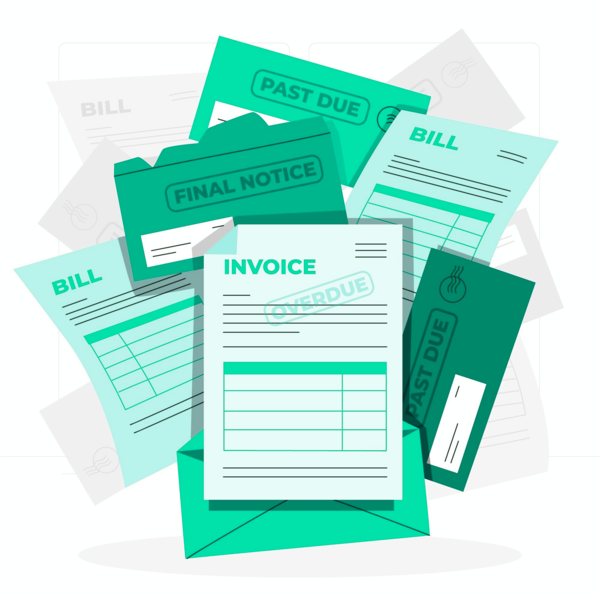
Manual data entry errors
Manual data entry errors are the most common mistakes caused by humans. The reason for these errors lies in the overwhelming volume of data that accountants must handle, which they simply cannot keep up with. Additionally, the mounting piles of manual invoices can discourage the AP team, making it hard for them to focus on their tasks, leading to frustration and unnecessary mistakes. Sometimes, manual entry errors can also happen when the accounts payable staff fail to carefully check the information on invoices or repeatedly make adjustments due to their own confusion.
Incomplete data validation errors
This type of error occurs when your business does not have a strict process for reviewing and reconciling invoices or does not store documents accurately. As a result, it becomes more challenging to identify duplicate invoices. To address this issue, your business should adopt a solution such as implementing a three-way matching system that is easier to operate and manage.
Although less common, accounting software or invoice management systems may sometimes encounter technical glitches, causing invoices to be saved multiple times across different files. Additionally, duplication can happen when suppliers or purchasing departments adjust quantities of goods after signing a contract, which can lead accountants to mistakenly believe there are two invoices instead of one, as per the original agreement.
Unmatched systems errors
Did you know that duplication can happen because your business and your supplier are using different software systems to store and exchange invoices? If these systems are not seamlessly integrated, duplication is hard to avoid. For example, the same purchase invoice might be sent to your AP team through various channels, such as email, courier services, or even social media platforms like Zalo or WhatsApp. Now imagine: if your business processes a large number of invoices in a day, it will be nearly impossible for your accounts payable staff to completely prevent duplication.
Errors caused by suppliers
This issue may occur when suppliers resend the same invoice multiple times before receiving payment. The reason might be due to an error on their accounts payable team or because your business failed to complete payment on time. Understanding specific issues like these can significantly reduce the likelihood of duplicate invoices while also enhancing relationships with your suppliers.
Communication errors between departments
Effective communication and reasonable task allocation among employees are also key to limiting duplicate invoices. A common mistake is when two accountants handle the same transaction simultaneously. This happens because of poor coordination among members of the accounts payable team, resulting in multiple invoices being generated for the same transaction.
Fraudulent intent from within or outside the organization
How to prevent duplicate invoices?
Preventing duplicate invoices is not too difficult, but it’s also not simple for organizations. What we need to do is develop appropriate methods and continuously upgrade software technologies to achieve the best cost control.
Use invoice management software
To avoid system synchronization errors and ensure transparent storage, businesses can explore modern accounting software solutions. These solutions often include features for detecting duplicate invoices based on criteria such as invoice numbers, issue dates, amounts, or customer information. By using this software, your invoices can be categorized based on time, suppliers, and other parameters, helping your team improve productivity and make invoice management more straightforward.
Implement a three-way matching system
Establish a single invoice receiving channel
Storing and receiving invoices across multiple channels can lead to severe mistakes in accounts payable. Not to mention, if you store documents without a scientific system, invoices from different departments scattered across various locations will make it very difficult to retrieve them during audits. A solution we propose for your business is to set up a single channel for receiving invoices. The result will be surprising, as accountants will find it much easier to manage information, perform three-way matching, and create cost reports for CFOs without wasting time and effort.
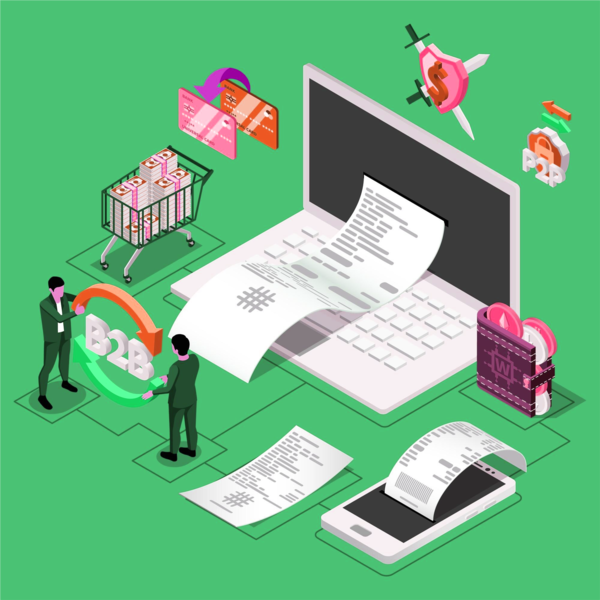
Establish a unique invoice code for each contract
When businesses use unique invoice codes for every goods purchase contract, invoice management becomes much simpler and less time-consuming. Not only that, but once unique codes are established, you can ensure that there will not be two identical invoices for the same transaction. As a result, duplication becomes less of a concern. Additionally, this method guarantees that the invoice serial numbers are continuously managed without duplication or unusual numbering gaps.
Use accounts payable process automation software
This is considered the most optimal solution for medium and large businesses. Once the accounts payable workflow is automated, your AP team will no longer have to handle repetitive manual tasks but can instead focus on strategic and managerial responsibilities. The benefits include reducing manual errors to zero, ensuring human-caused mistakes in data entry are completely avoided. With AI, tasks such as scanning documents and OCR data extraction are fully automated, making the process faster and smoother.
The rapid growth of robotic process automation (RPA) and its effectiveness in invoice management is evidence of its benefits. According to a recent VMR market report, the value of automating accounts payable processes will reach approximately $3.37 billion by 2024 and nearly $8.91 billion by 2031. This highlights the importance of using automated AP management systems to reduce errors, detect duplicate payments promptly, and prevent invoice fraud.
Contact AFusion to explore how other businesses have controlled duplicate invoices and applied the most suitable accounts payable automation processes. While managing duplicate invoices may seem simple, this issue can lead to significant financial losses if handled manually without control. It can also be more time-consuming to deal with the aftermath and may involve legal complications.



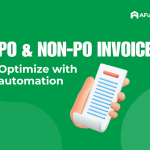 Previous Post
Previous Post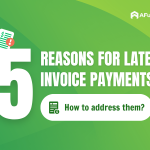 Next Post
Next Post